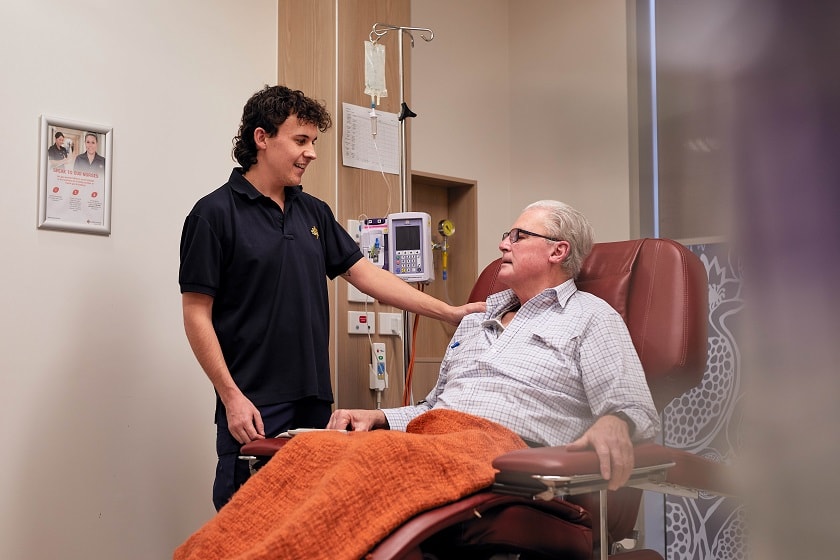A new research program called TRACEBACK has just been announced which is aimed to help prevent cases of ovarian cancer by identifying unaware carriers of the BRCA gene mutations.
The program will test tissue samples from about 1,500 women who have been diagnosed with ovarian cancer over the past 15 years for the BRCA gene mutations.
This includes women who have passed away and can help their family members to find out if their loved one had the gene mutation and then make choices about finding out more about their own risks.
What does it mean if my loved one had the BRCA gene mutation?
About 15 per cent of all women diagnosed with the most common types of ovarian cancer in Australia carry the BRCA 1/2 gene mutations which can be passed onto family members.
As a part of the TRACEBACK research program, a family member isn’t told the result directly but will be given the choice to learn more.
Choosing to learn more means that you are provided counselling by experienced specialists who explain what the gene mutation means for you and what risk prevention strategies are available.
This counselling is the first step all women or men take to learning more about their genetic risks as it is a complex process and one that can impact not only on your health but also have implications for your entire family.
What can I do to reduce my risk of ovarian cancer?
Ovarian cancer in the general population is quite rare. Unfortunately, if you do have the BRCA gene mutation your risk may be significantly higher.
If you have a family history of ovarian cancer then speak to your GP who can provide you with all the information you need and refer you for genetic counselling if necessary.
Ovarian cancer is particularly hard to treat as it is difficult to detect – there is currently no screening available – and by the time symptoms appear the cancer has often already spread.
The only effective preventative option available is to remove the fallopian tubes and ovaries which is a very complex decision making process particularly for younger women.
What should I do if I am worried?
Speak to your GP. If you have any concerns about your cancer risk, whether or not you have a family history, your GP can provide you with all the information you need and refer you onto specialist care if necessary.
Did you know?
The four key symptoms of ovarian cancer are:
- Abdominal or pelvic pain
- Increased abdominal size or persistent abdominal bloating
- The need to urinate often or urgently
- Feeling full after eating a small amount








